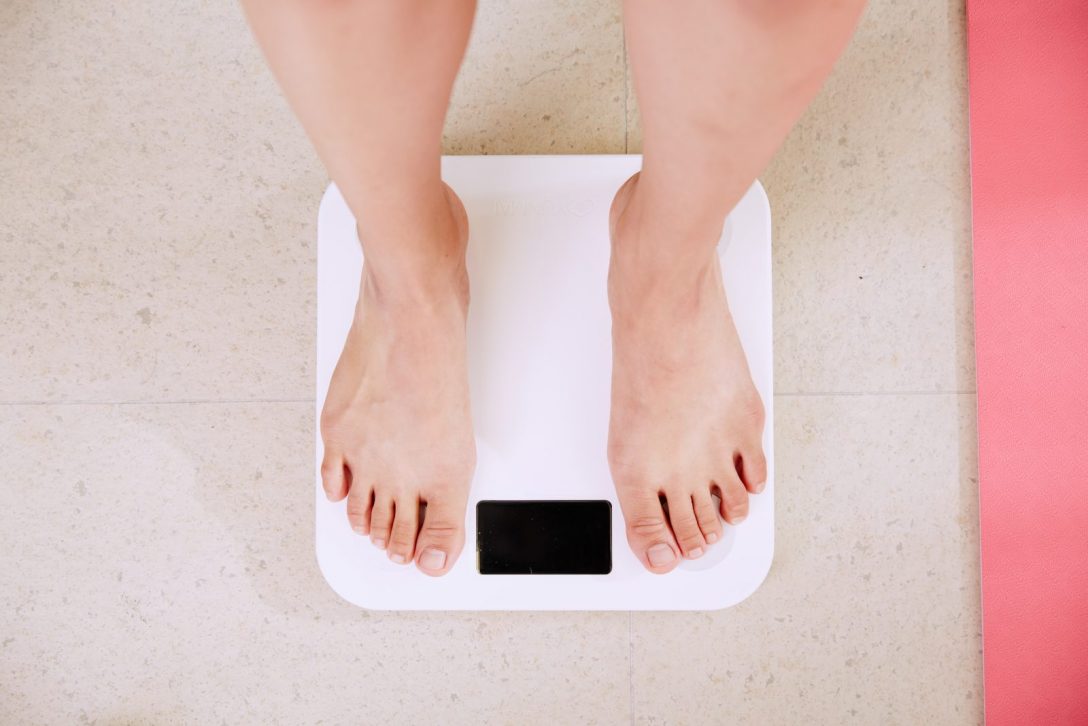I am not sure how many pregnant women get concerned about weight gain during pregnancy, but I am. It is not about body image or something in that direction. It is about me and my baby’s health, as I know that excessive weight gain during pregnancy can cause many complications. So the question I am left with is…
How many kilos should I gain during pregnancy?
NHS website stats that “Most pregnant women gain between 10kg and 12.5kg (22lb to 26lb), putting on most of the weight after week 20.”
However, I couldn’t find any formal recommendations published by the UK government. The reason given is that weight gain during pregnancy depends on many factors and it varies widely. And I received a similar response from my midwife. From the government’s perspective, this logic makes sense but as an individual, it doesn’t answer my question.
Most of the recommendations available online, on websites such as Baby Center, Tommy’s, WebMD, NCT, etc., are from the US, published by the Institute of medicine in 2009.
The same guidelines are used by the Australian and Canadian governments.
What was recommended by the institute of medicine (IOM, 2009)?
These recommendations are based on Body Mass Index (BMI) before pregnancy.
- underweight women (BMI under 18.5) are recommended to put on between 28-40 lbs (13-18kg)
- women who are a normal weight for their height (BMI 18.5–24.9) should gain 11.5–16 kg (25–35 pounds) during pregnancy.
- overweight women (BMI 25–29.9) should gain 7–11.5 kg (15–25 pounds) and obese women (BMI greater than 30) should only put on 5–9 kg (11–20 pounds).
- and the recommended weight gain is more if you are carrying twins.
You can check the details here.
Also, almost all government bodies mentioned above agree that
- dieting during pregnancy is not good for mother and child. So the key is to achieve and maintain a healthy weight before getting pregnant and then keeping a track of your weight gain during pregnancy.
- being underweight is as bad as being overweight or obese. In these cases, pregnant women should discuss it with their midwives or GPs.
- they also made a clear remark that recommended weight gain ranges are indicative only and provide suggested limits rather than specific goals.
In addition to the above mentioned statements, NHS also suggests that there is no need to eat for two, at least for the first 6 months. Only in the third-trimester women need an extra 200 Kcal per day. And if you have a low-risk pregnancy and normal weight they won’t even check your weight at NHS appointments. which is recommended in NICE guidelines.

